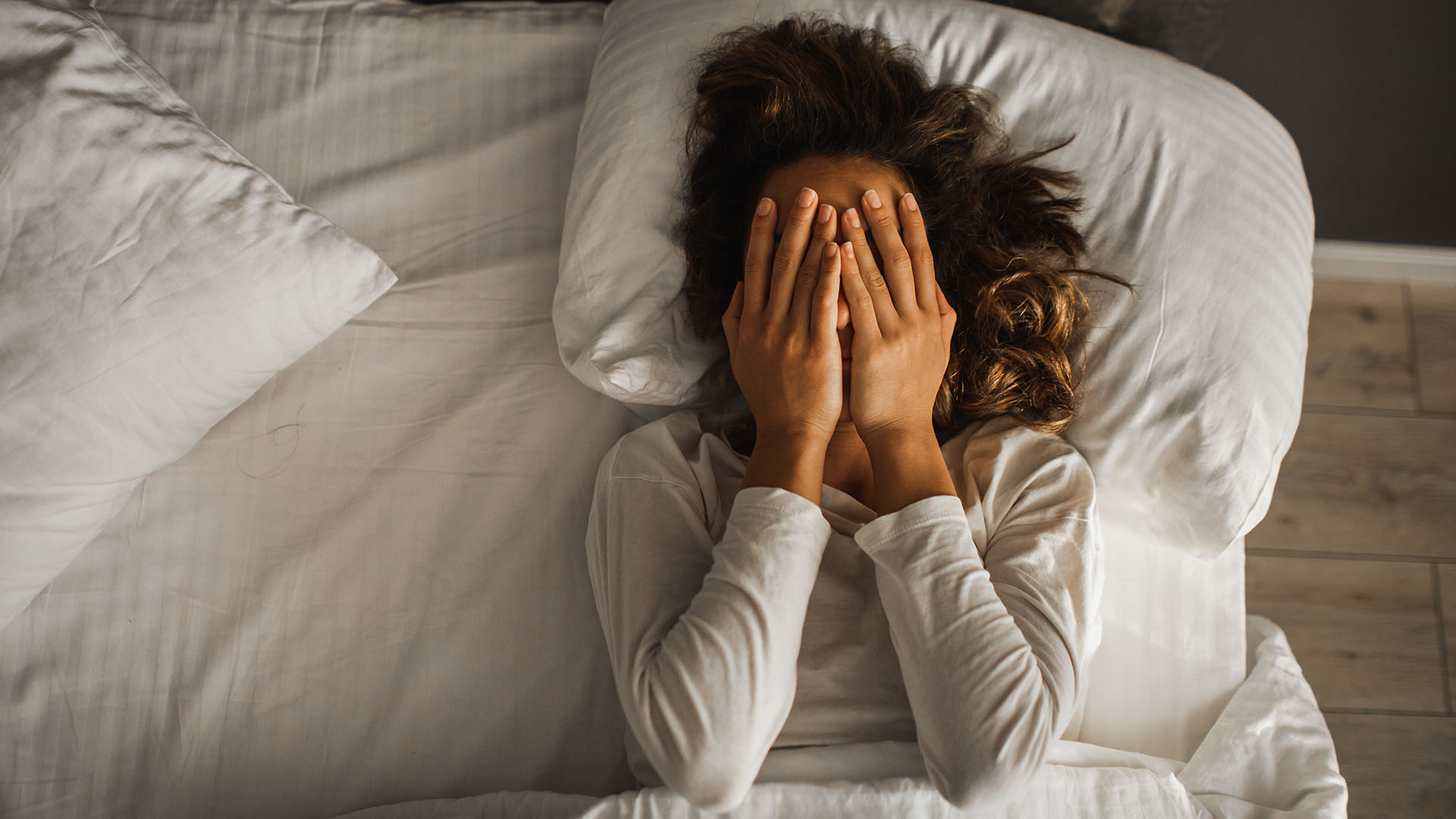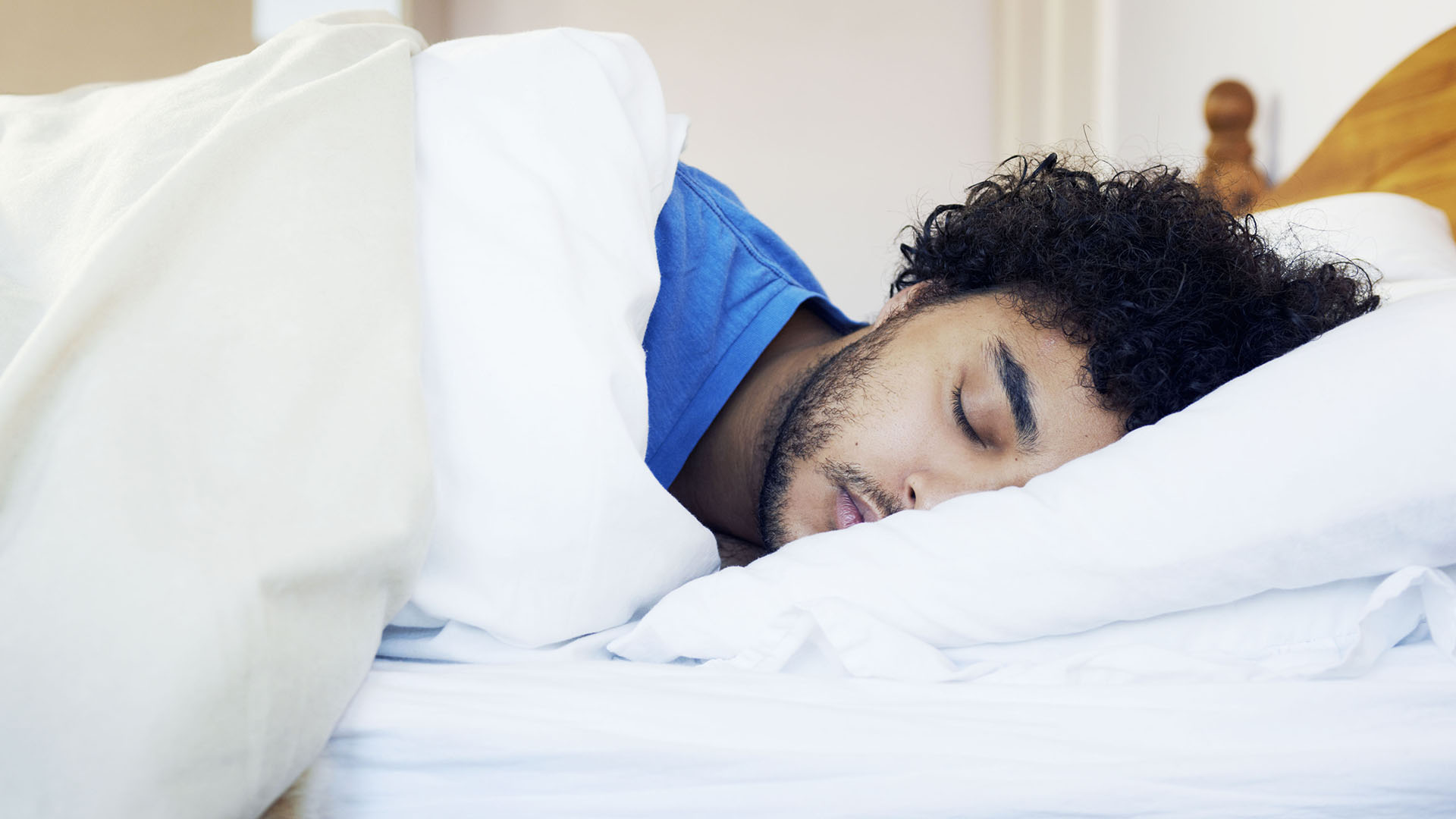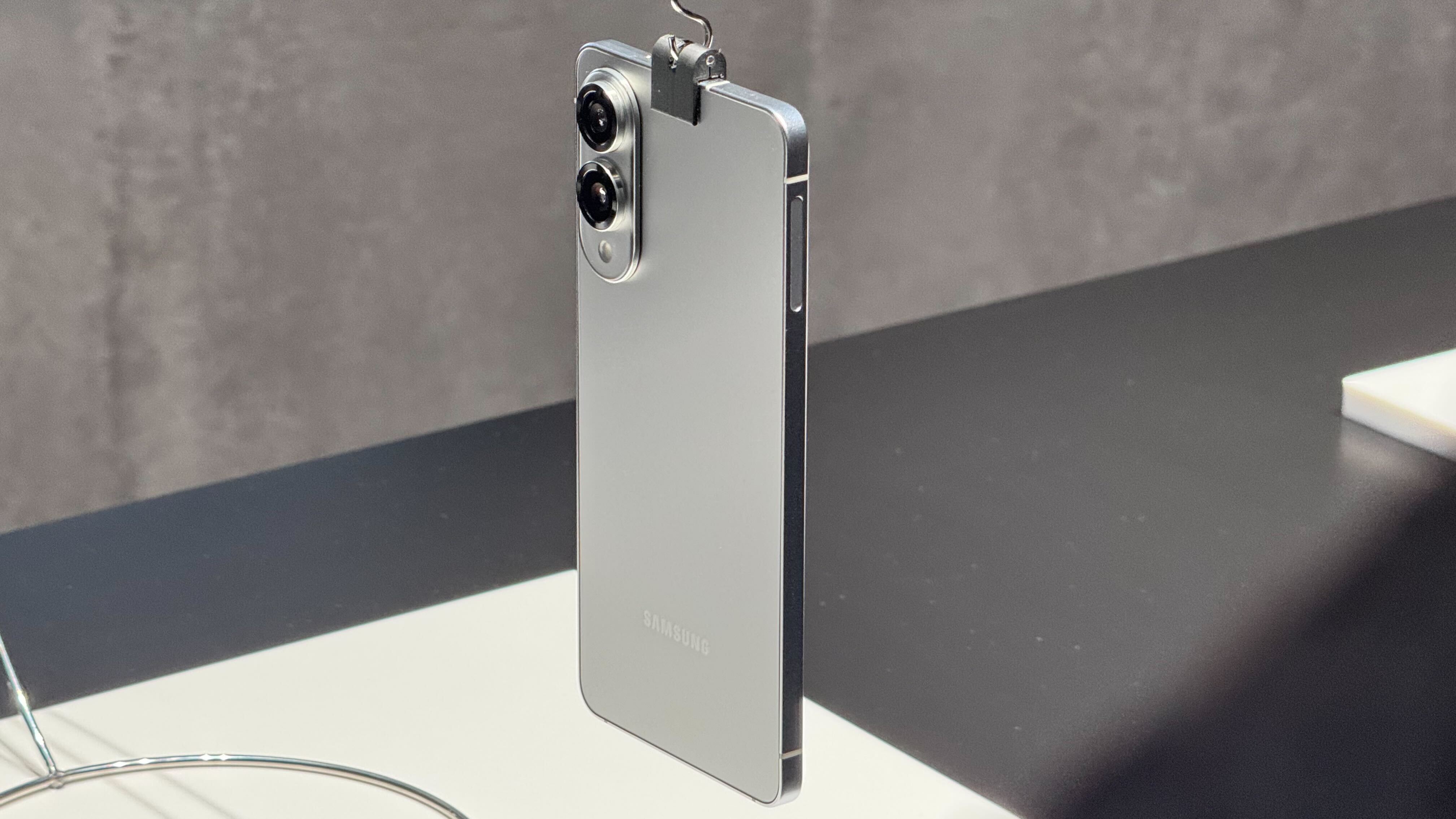Depressive symptoms reported by 50% of adults who sleep under 7 hours
Too little sleep could be damaging your mental health, finds Sleep in America 2023 poll

The results of the National Sleep Foundation's 2023 Sleep in America poll have been released. This year's study focused on mental health, and the results highlight a surprisingly strong link between poor sleep and depressive symptoms. The reverse is also true: adults with good sleep habits were likely to be free of significant depressive symptoms. One of the metrics addressed in the study was sleep duration; the poll found that 50% adults who sleep less than the recommended 7-9 hours on a weekday night experience some level of depressive symptoms (here's more on how much sleep you need by age).
The Sleep in America poll is a large-scale study that's conducted annually by the National Sleep Foundation (NSF), with its findings released to coincide with Sleep Awareness Week. The event puts the spotlight on our snoozing habits, and is a good time to reconsider your own sleep hygiene practices (we're almost at the end of the 2023 event – head to the Tom's Guide Sleep Week hub for expert tips and insights to help you tackle your own sleep issues).
Sleep in America 2023 poll: Key findings
To gauge sleep health, the NSF uses a 'Sleep Health Index' (SHI), which is a score based on sleep quality, sleep duration and disordered sleep. While the poll found the nation's sleep health is fair (scoring a 'C' on average), most people aren't satisfied with their sleep (scoring a 'D' on average). You can check out the full report here, but these are are some of the key findings from the 2023 poll:
- Over 90% of adults with very good sleep health also reported an absence of elevated depressive symptoms
- 65% of those dissatisfied with their sleep experience mild or greater levels of depressive symptoms
- People with difficulties falling or staying asleep just 2 nights a week have higher levels of depressive symptoms
- Over 90% of adults with mostly healthy sleep behaviors report no significant depressive symptoms
The focus of the 2023 study was inspired by the increased focus on mental health in the wake of COVID-19. We saw a big spike in depressive symptoms at the onset of the pandemic, and although numbers have dropped significantly, they're still higher than they were pre-pandemic.

The relationship between sleep and mental health is complicated, and it can be difficult to ascertain which is cause and which is effect in many cases. Poor sleep will negatively impact on a person's mental health, but many mental health conditions also promote poor sleep.
Either way, putting in place good sleep hygiene practices is a good idea, with potential to help improve both mental health and sleep quality. That's backed up by the NSF study: results found that those who engaged in healthy sleep behaviors were more likely to experience good sleep health and satisfaction, and lower levels of depressive symptoms.
What are healthy sleep behaviors?
The NSF's method for measuring healthy sleep behaviors is to give people a score based on specific markers, which together form a 'Best Slept Self' framework. The key markers are as follows:
Sign up to get the BEST of Tom's Guide direct to your inbox.
Get instant access to breaking news, the hottest reviews, great deals and helpful tips.
- Wake up, and go to bed, at the same time each day
- Sleep for 7-9 hours per night
- Sleep in a cool, dark, quiet room
- Avoid electronic devices in the hour before bed
- Put in place a relaxing bedtime routine
- Avoid heavy meals, alcohol, caffeine and nicotine before bed
- Eat your meals at consistent times
- Do some moderate to vigorous exercise during the day
- Spend a least 30 minutes in bright light each day
Of those markers, the one that the US population is most struggling with – by a significant margin – is avoiding devices before bedtime. Most of us know that evening screen time impacts on sleep quality, but only 15% of Americans scored an 'A' for this behavior (meaning they avoided screens in the hour before bed 90-100% of the time). 76% scored an 'F' (meaning they did it less than 60% of the time).
Second weakest metrics were for exercise (59% of people scored an 'F' on engaging in moderate to vigorous activity in the day), and creating a relaxing bedtime (46% scored an 'F' here).
At the other end of the scale, study subjects did best when it came to creating an ideal bedroom environment for sleep, with 64% scoring an 'A' on this metric. As well as ensuring your room is cool, dark and quiet, remember that your bed setup can have a big impact on sleep quality, and it's worth investing in the best mattress for your sleep style.

Ruth is currently Homes Editor on Tom's Guide's sister site TechRadar, where she reviews and writes about everything from air fryers to vacuum cleaners to coffee machines, as well as the latest smart home gadgets. Prior to making the shift to Homes, Ruth was Tom's Guide's Sleep Editor. A certified Sleep Science Coach, she has tested more mattresses than her small flat can handle and will talk at length about them to anyone who shows even a passing interest.
